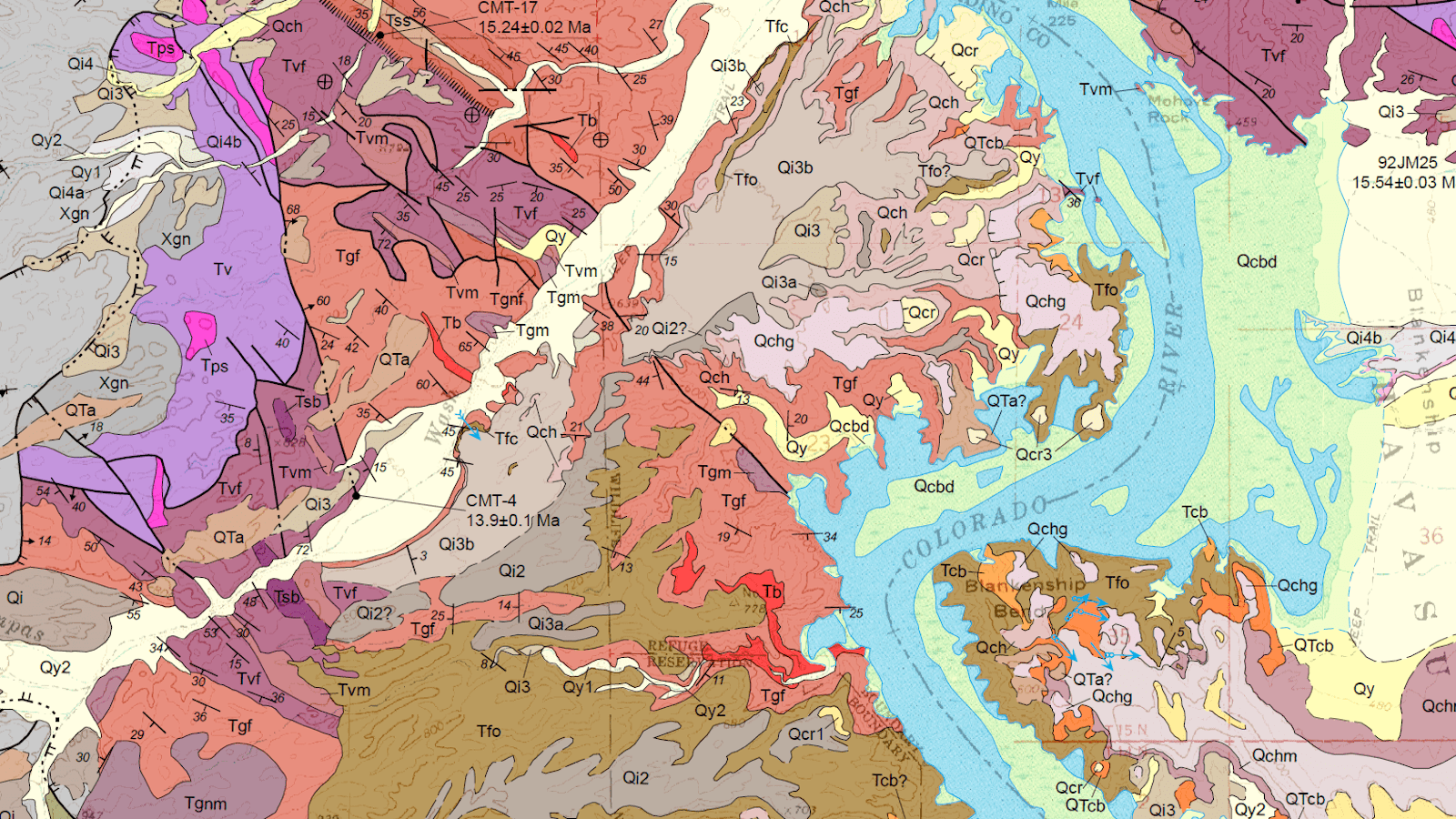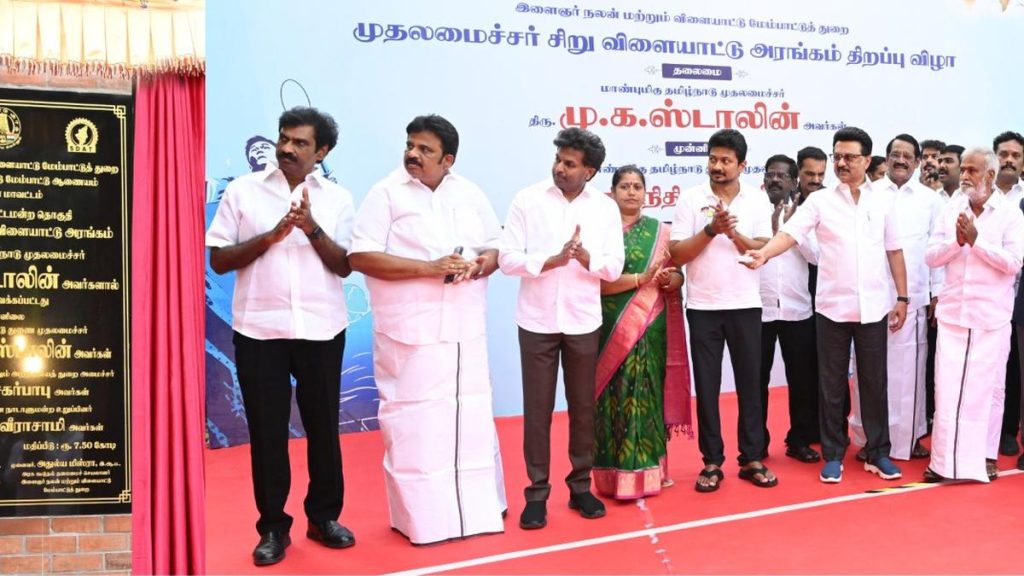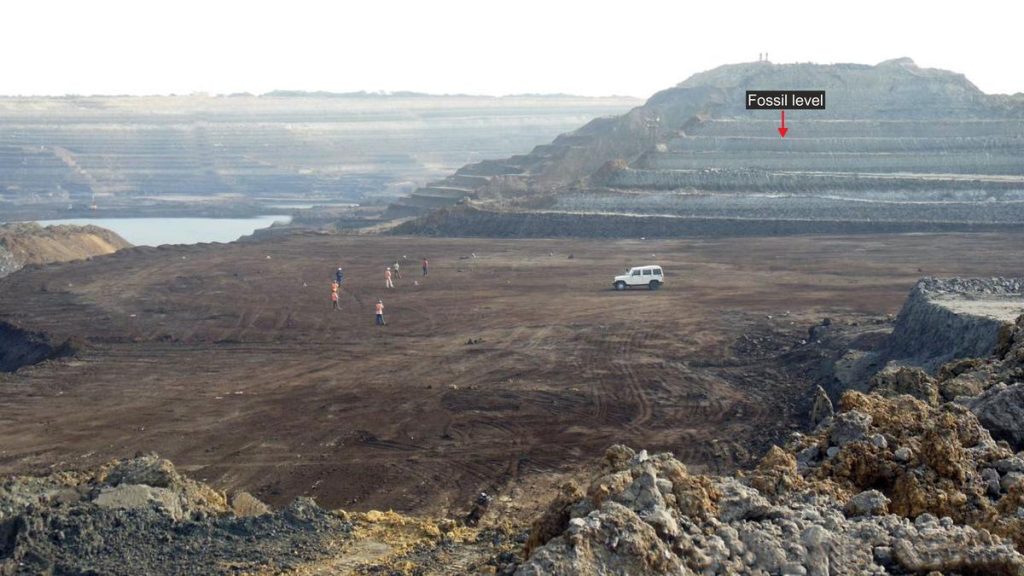Now Reading: Biden and Trump Unite on Federal Mineral Mapping Initiative
-
01
Biden and Trump Unite on Federal Mineral Mapping Initiative
Biden and Trump Unite on Federal Mineral Mapping Initiative

Quick Summary
- Earth MRI Program: Initiated by teh USGS during the Trump administration in 2019, this federal initiative aims to map the United States’ underground deposits of critical minerals vital for clean energy technologies, semiconductors, and military applications.
- bipartisan Infrastructure Law Boost: Funding increased from $11 million annually to $75 million per year (2022-2026),further accelerating mineral mapping efforts. Earth MRI now collects extensive geophysical data using methods like airborne magnetic surveys and hyperspectral imaging.
- minerals in Focus: Prioritized elements include lithium,graphite,rare earth metals (e.g., neodymium), gallium, and cobalt for technology such as EV batteries, wind turbines, and advanced semiconductors. Domestic supply chains remain heavily dependent on imports – many minerals sourced mostly from China.
- Mapping Achievements: Coverage of high-quality geophysical data has grown from 10% to nearly 25% of U.S. territory since late 2021. Mine waste is also being studied systematically for potential mineral reuse opportunities.
- Private Sector Interest: Preliminary mineral data attracts companies for exploration endeavors; one company reported discovering lithium deposits using Earth MRI geochemical information.
- Funding Risks Post-2026: Without additional Congressional funding after BIL expiration in 2026, the program’s budget may revert to its pre-increase level ($11 million/year), leaving fewer resources for geological mapping.
Image highlights:
- Screenshot of an Earth MRI acquisition viewer map displaying color-coded minerals [Source Credit: USGS].
- Helicopter carrying electromagnetic survey equipment over Wisconsin [Source Credit: USGS/Wisconsin Geological Survey].
- Lithium boron slabs found beneath Esmeralda County, Nevada [Source Credit: Houston Chronicle/Getty Images].
Indian Opinion Analysis
India can draw important parallels between domestic challenges in critical mineral supply chains and those faced by countries like the United States that lack adequate production capabilities for key materials such as lithium or rare earths. As india transitions toward a green economy with initiatives focused on electric vehicles and renewable energy adoption under frameworks like FAME-II or battery manufacturing policies under NITI Aayog guidance, this situation underscores two lessons.
Firstly, extensive government-backed programs akin to Earth’s MRI could be vital for resource locating efforts within India’s geology – modernizing domestic mining data while balancing environmental concerns through technology-driven precision surveying techniques as exemplified here.
Secondly – given global reliance on Chinese-dominated exports around essential components paired against emerging disputes intensifying North/South materials ecosystem- India’s sustainability goals might lie increasingly intertwined either logistic diplomacy boosting bilateral co-work strongholds/entities strategic reserves own developing industries national electrification pathway strategic policy deepen-emphasizing diversification economics resilience long-term alignment enduring secure



























